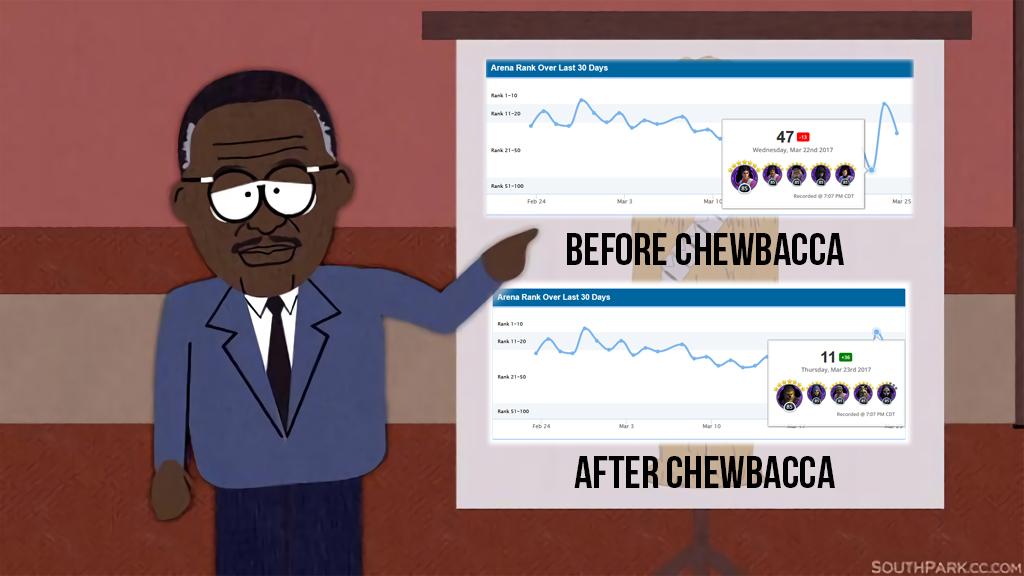Now that the papers have been filed and the divorce is final, you’re all done with your ex, right? Well, maybe not. Depending on the type of legal separation and what was filed in the divorce agreement, there may still be a few issues to work out.
Even though you’re not legally married, you still might have to determine who gets what remains of shared property, who gets paid what in alimony, and who gets custody of your kids. Here are a few things to consider after your divorce is final:
Marital Property
Maybe you don’t have anything worth fighting over, or maybe you already fought it out. But if not, you may need to divide everything from the furniture to the financial assets. There are two main factors here: (1) whether the property is separate or marital property, and (2) whether you live in a community property state or not.
Separate property is the assets and debts you had before the marriage, and you generally get to keep those. Marital property is the things you acquired during the marriage, which you’ll have to normally have to split. If you live in a state with strict community property laws, that split will normally be an equal split, 50/50. If not, you may be subject to an equitable, or fair split with a judge making the determination if you and your ex can’t agree.
Spousal Support
Alimony isn’t just for jilted wives anymore. Spousal support is paid by one spouse to another, and is calculated based on three or four factors:
- The income and earning potential of each spouse
- The presence or absence of children in the home
- The standard of living during the marriage
- The presence or absence of fault in the divorce (but only in some states)
Unless you have signed a prenup or a postnup, you might have to negotiate some form of spousal support with your ex.
Custody and Visitation
If there are children involved in your divorce, custody and visitation rights are often figured out before the divorce is final. These determinations are almost always made in the child’s best interests, and must be instituted or at least approved by a judge, although some couples can create their own custody agreements.
The terms of custody may be in flux due to holidays or moving, and circumstances change, so you may need to be flexible with your parenting plan.
Divorces can be complicated, both legally and emotionally. Sometimes it’s best to have an experienced divorce attorney on your side.










